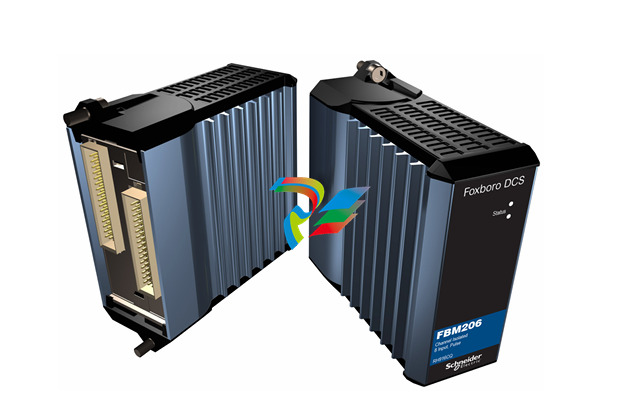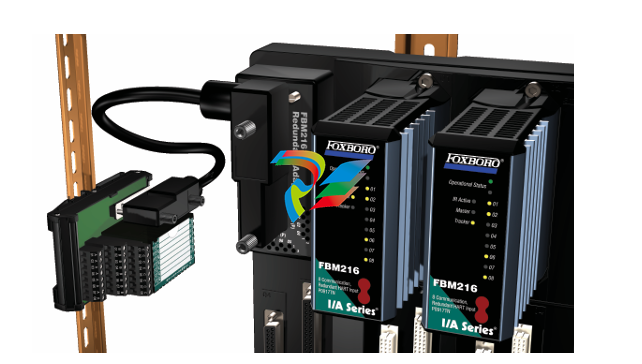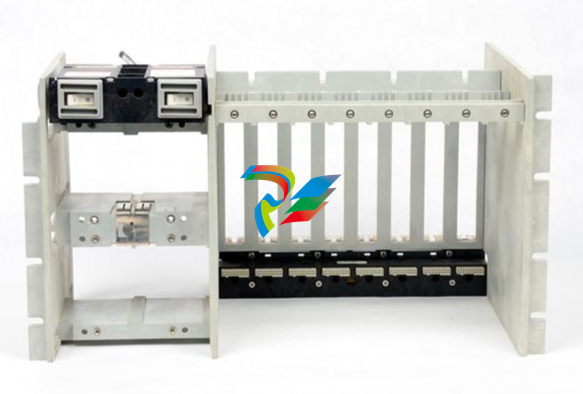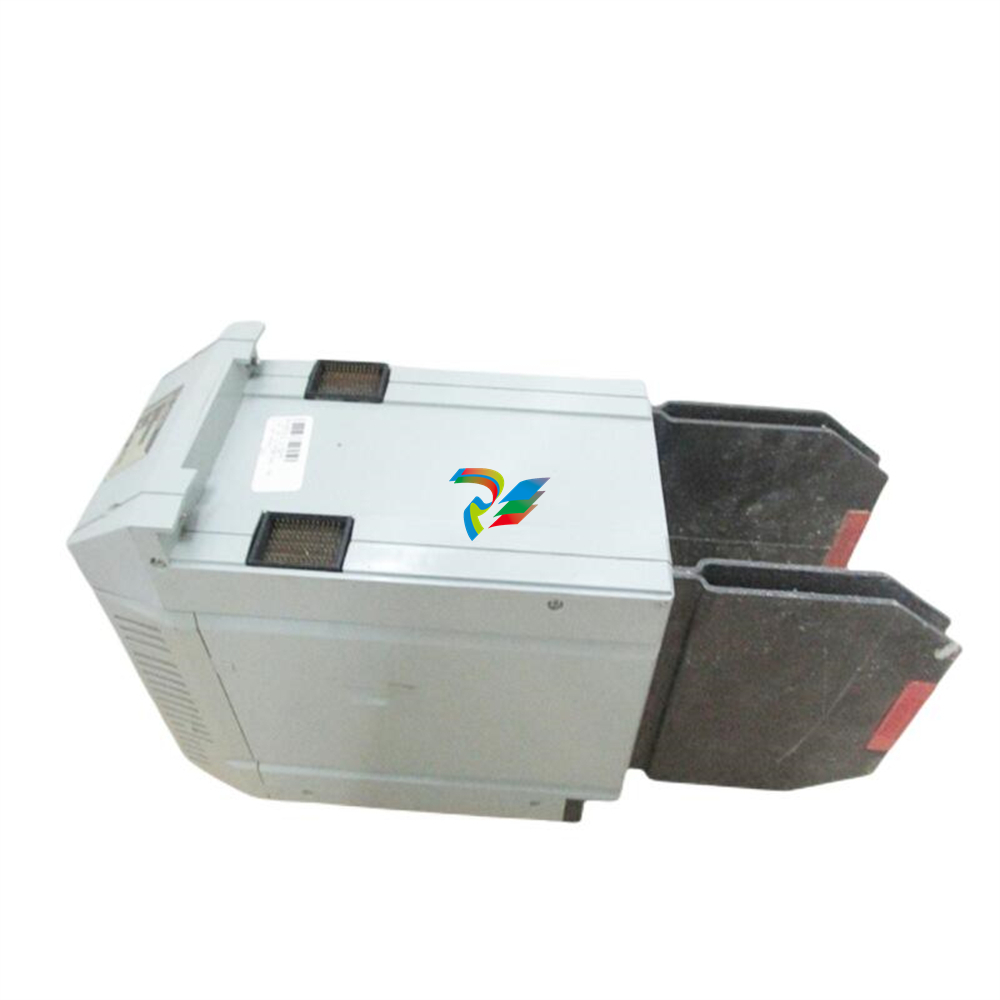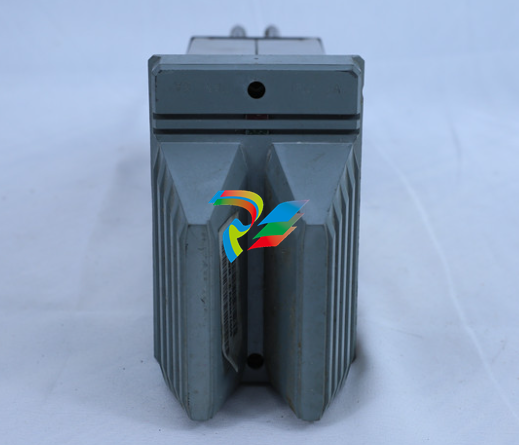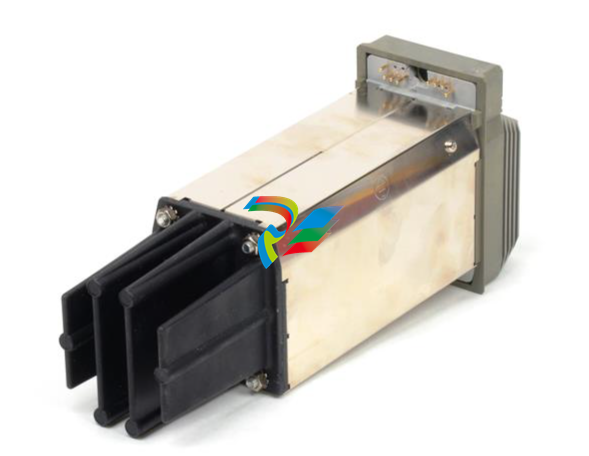
INFICON Provides Leak Detection with the Contura Series
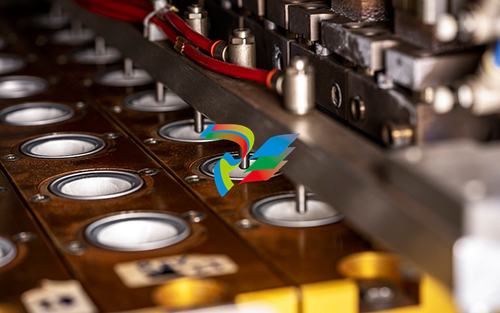
The food and packaging market is facing major challenges: longer transport routes and growing demands on products today require better shelf life. In addition, there are increased demands in terms of environmental compatibility, legal requirements and consumer wishes. In order to fulfil these criteria, it is necessary to carry out leak tests on packaging during production to prevent leaks and damage. These tests ultimately serve to ensure product safety and consumer protection–such as in the case of vacuum-sealed coffee capsules and packaging. Here, manufacturers attach particular importance to brand-relevant quality features such as freshness, color, creaminess and aroma and flavor intensity.
Expertise in the food and packaging industry
Established suppliers of leak testing systems have proven to be reliable partners for coffee producers. With its extensive expertise in the food and packaging industry, INFICON, for example, has tried-and-tested products for this application in its portfolio. The easy-to-use systems are used where quality requirements are particularly high: for coffee packaging.
"This is not least due to the special properties of the popular hot beverage," said Arman Khazali, operations manager at Italian coffee manufacturer and INFICON customer Bialetti from Coccaglio, in the province of Brescia. According to Khazali, coffee is a luxury foodstuff that, like wine, is based on a raw material. Due to natural influences, such as the climate or soil conditions, the fruit is not identical for every harvest.
Test tolerances ensure product quality
"To ensure our product quality, it is therefore important that we have established valid test tolerances in production," explained Arman Khazali. These include, for example, the quality of the roasting, i.e., the uniformity of the beans, color and integrity. "Another criterion concerns a uniform degree of grinding with a certain proportion of powder, which we ensure," emphasized Arman Khazali. "Last but not least, we focus on the efficiency of our production machines during assembly and packaging."
Added value through non-destructive leak testing
Plant manager Arman Khazali puts Bialetti's annual output at 180 million coffee capsules and 2.9 million soft packs. And because these products are exposed to high water pressure during the brewing process in the coffee machine, a leak would impair the delivery into the cup and therefore the quality of the coffee. According to Khazali, the main focus of an intelligent leak test must therefore be on accuracy and the ability to provide a numerical quantification for each test in order to carry out a statistical analysis. "In addition, non-destructive testing offers added value compared to a destructive test," reports Arman Khazali. "Other advantages are the significant reduction in testing time and the fact that we are autonomous in terms of personnel and can therefore produce 24/7."
Fast, reliable and non-destructive
Bialetti has only recently switched from destructive water bath testing to the non-destructive method. This is why Bialetti has been testing its product quality with leak testers from INFICON's Contura S400 series. With the help of the applied pressure increase method (see below) in the flexible test chamber, both the smallest and largest leaks are detected quickly, reliably and without test gases. "The INFICON system therefore makes a significant contribution to the consistent quality of our capsules and packs," says Arman Khazali. At Bialetti, the process extends to three automated lines for the assembly of capsules and one line for the assembly of soft packs. A total of 60 employees works in Coccaglio. The production includes roasting machines, automated lines for capsules and soft-pack assembling, automated machines for coffee makers assembling and die-casting press.
Longer minimum shelf life for food
The testing process with the mobile Contura S can be easily integrated into production: During evacuation of the test chamber, two flexible membranes enclose the test objects so that they remain intact. If there is a leak, gas from the packaging penetrates into the evacuated test chamber – causing a measurable increase in pressure in the vacuum of the chamber. Gross leaks and micro leaks of less than 10 μm are detected in seconds. Thanks to the Pressure Increase Method, the minimum shelf life can be increased.
User-friendly color display
The user-friendly touch display of the Contura S is a major benefit for Bialetti: "It shows the relevant test results and information in color at a glance - and an acoustic signal can also be heard," reports Arman Khazali. The display also shows the exact leakage rates for the set time interval, giving users a quick overview of the quality of the coffee packaging.
Full support from INFICON
"All in all, INFICON not only gave us full support with the Contura S, but also with its sales and technical team," says Arman Khazali, pleased with the well-coordinated cooperation. INFICON has also demonstrated its technical expertise and reliability with tests, results reports and analyses. "Building on this, we can very well imagine further joint project work between INFICON and Bialetti in the future. And why shouldn't we expand our production capacity on this basis one day?" says plant manager Arman Khazali, looking confidently to the future.
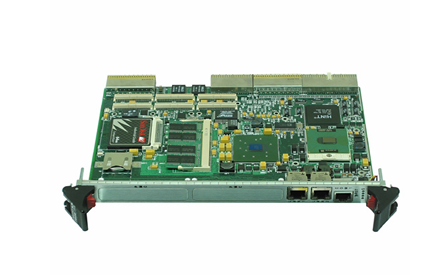
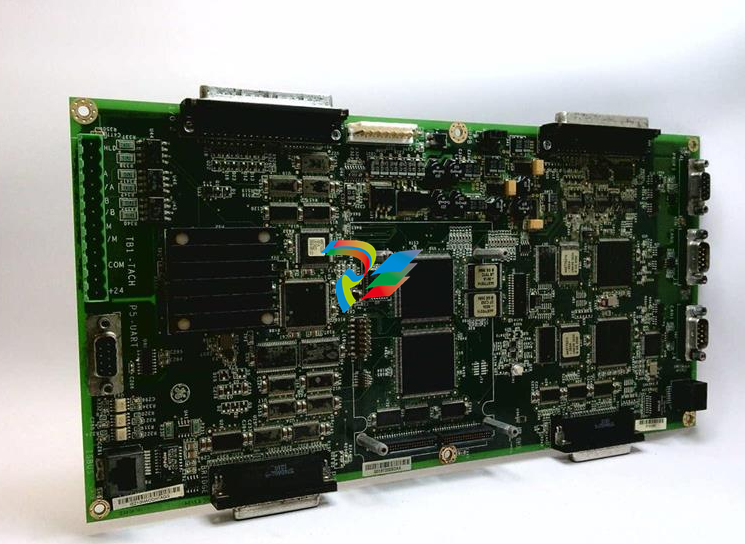
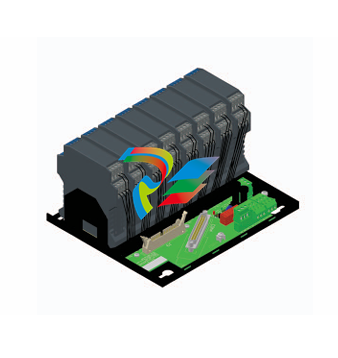
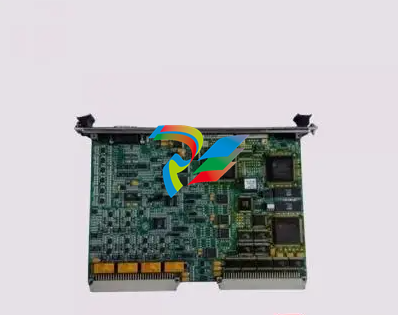
.jpg)

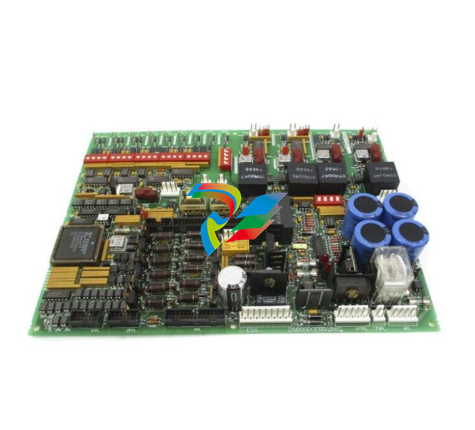

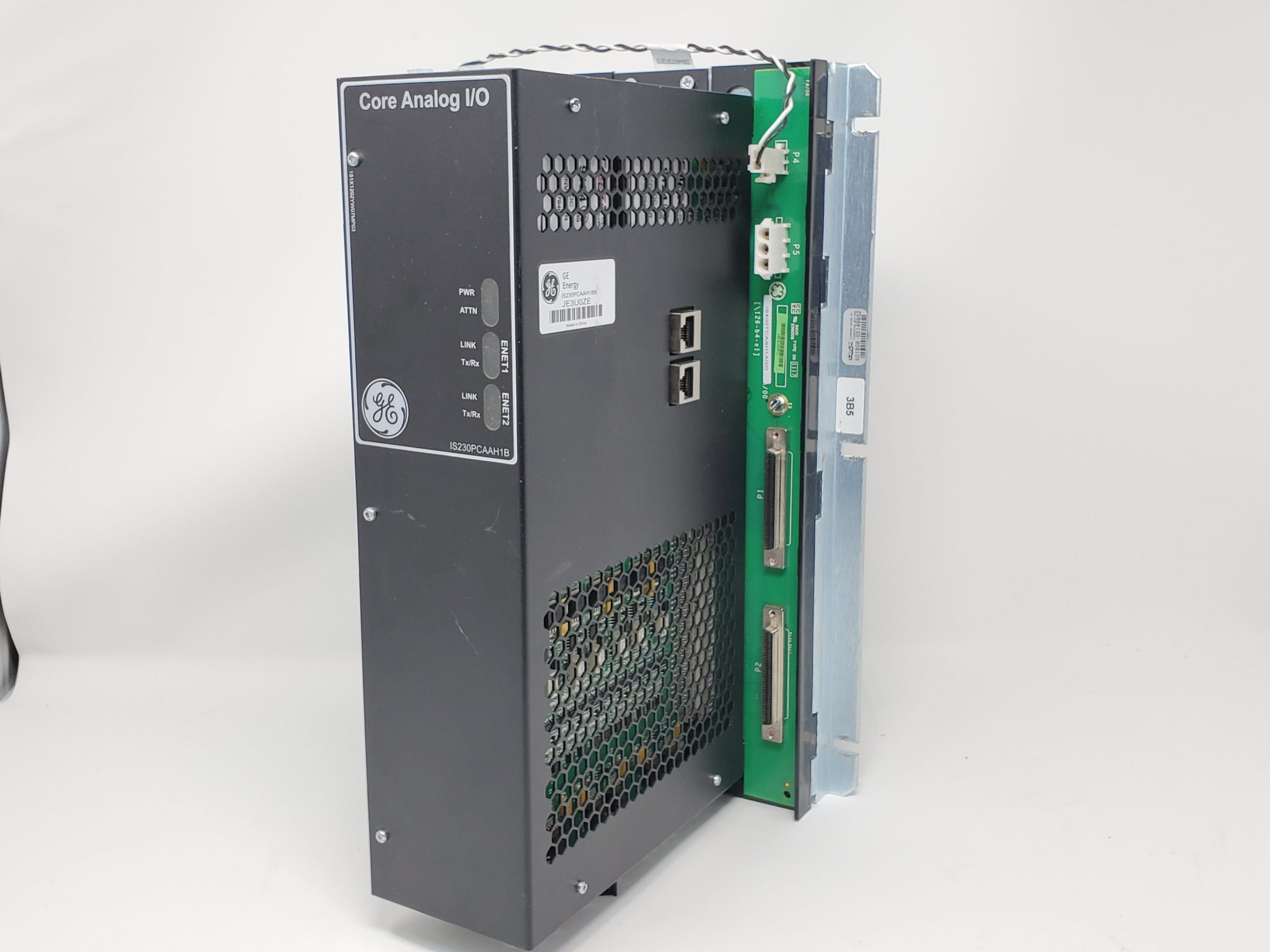

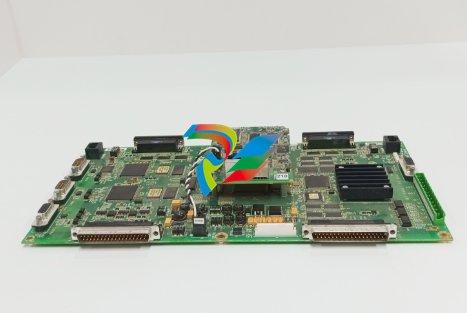
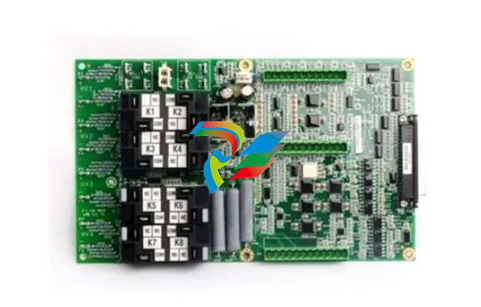
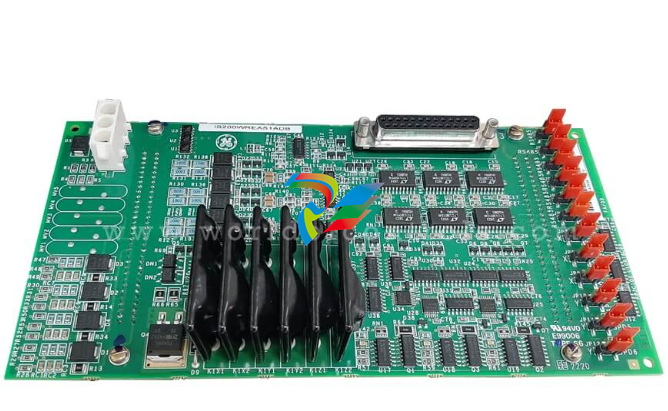
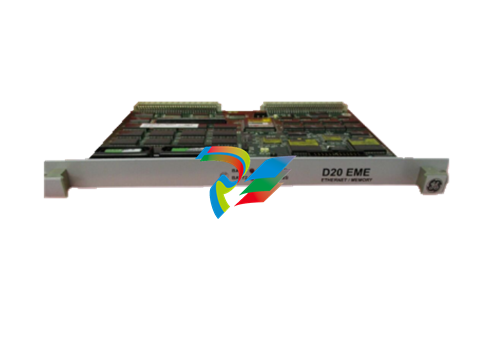
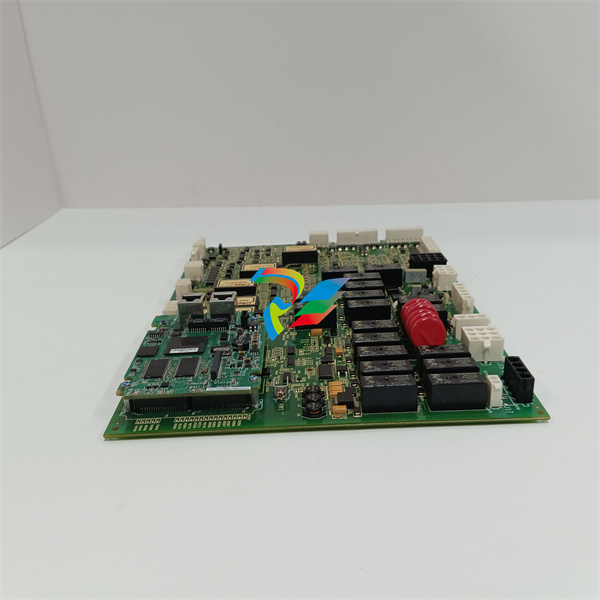
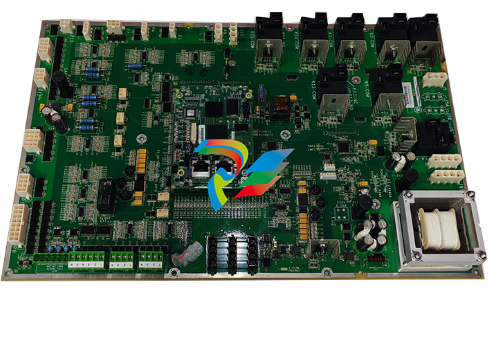

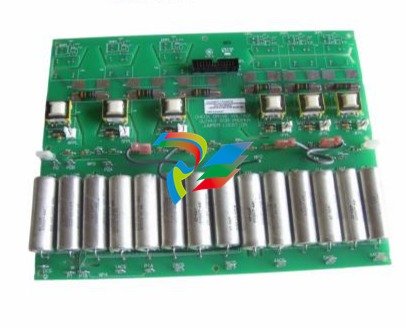
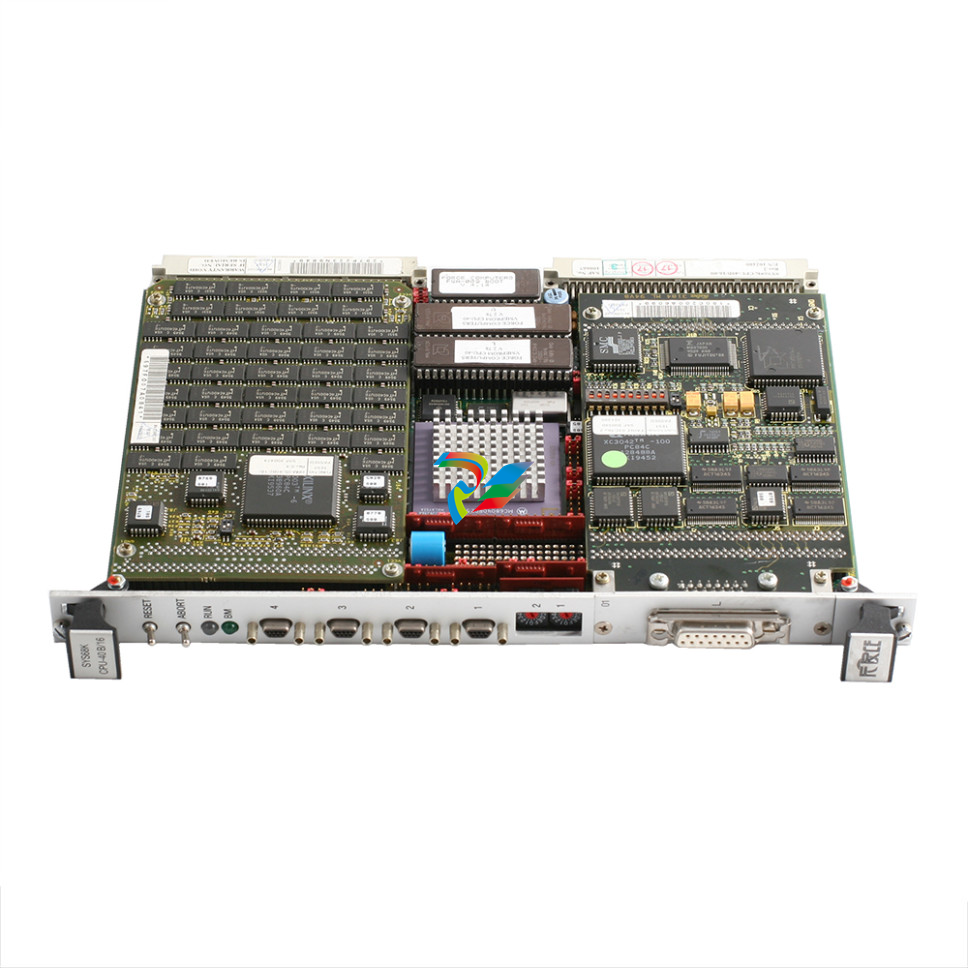
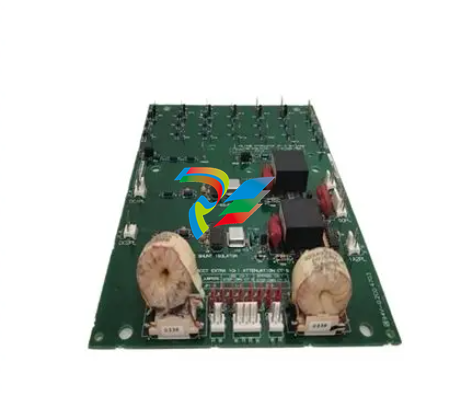
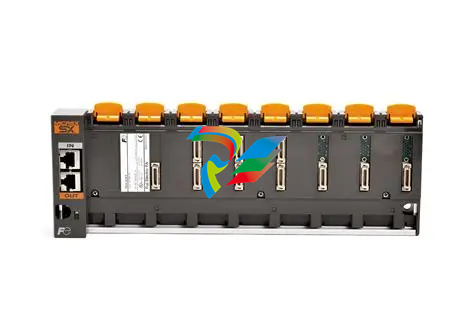
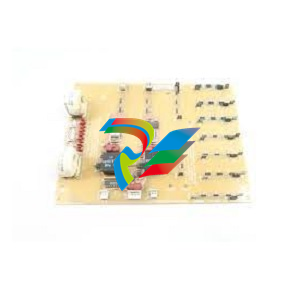
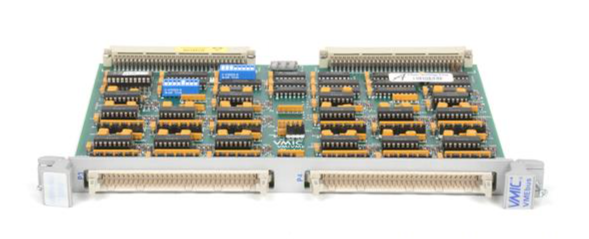
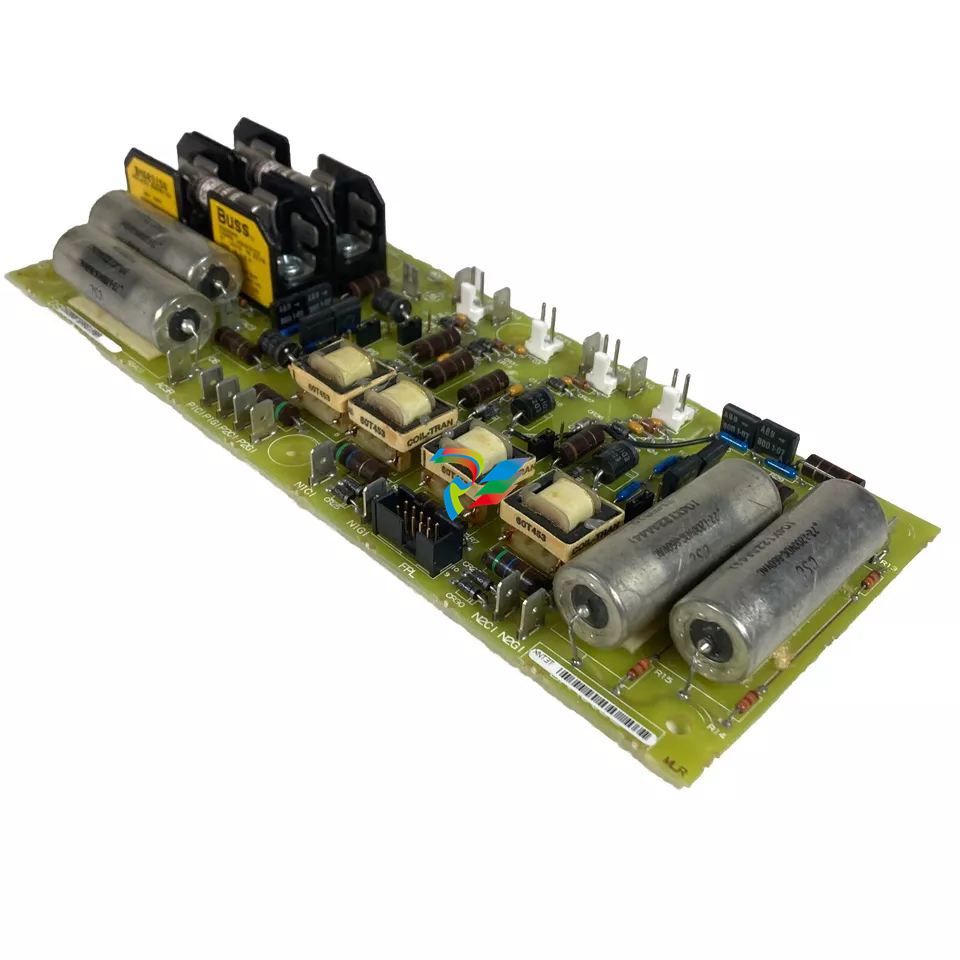
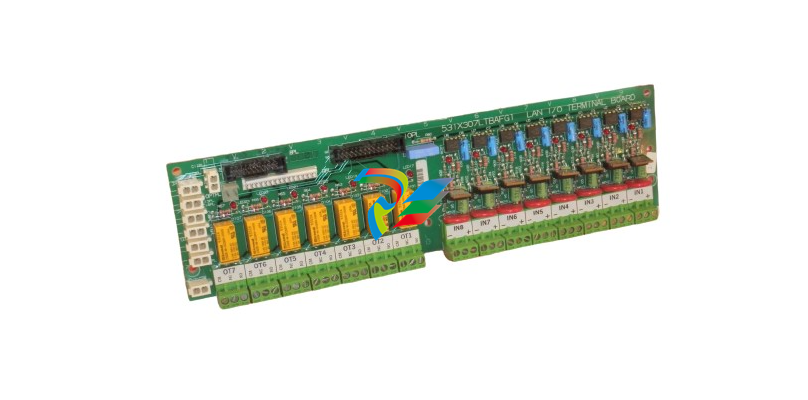


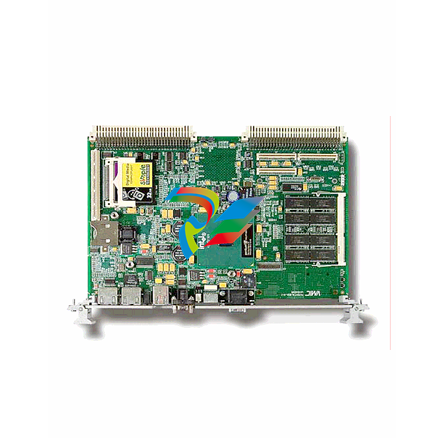

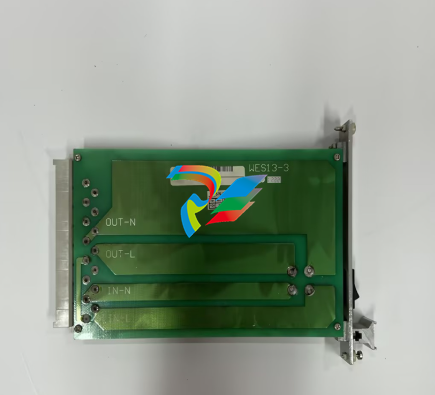
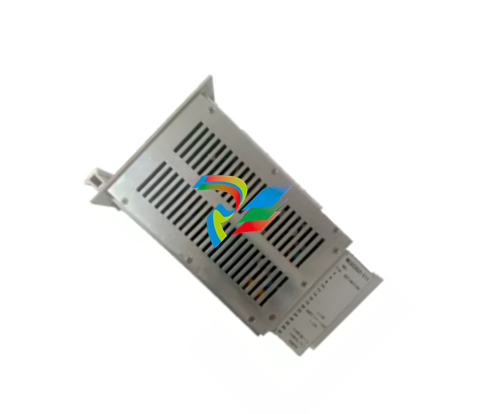
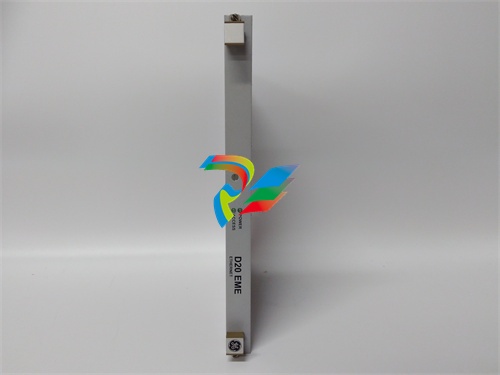
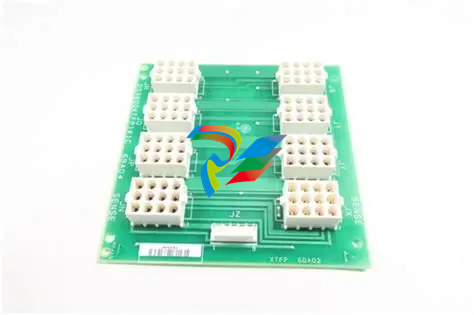
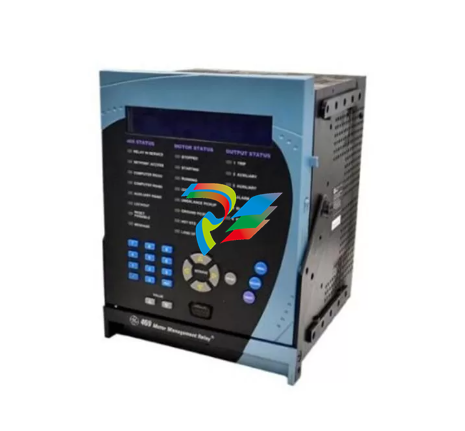
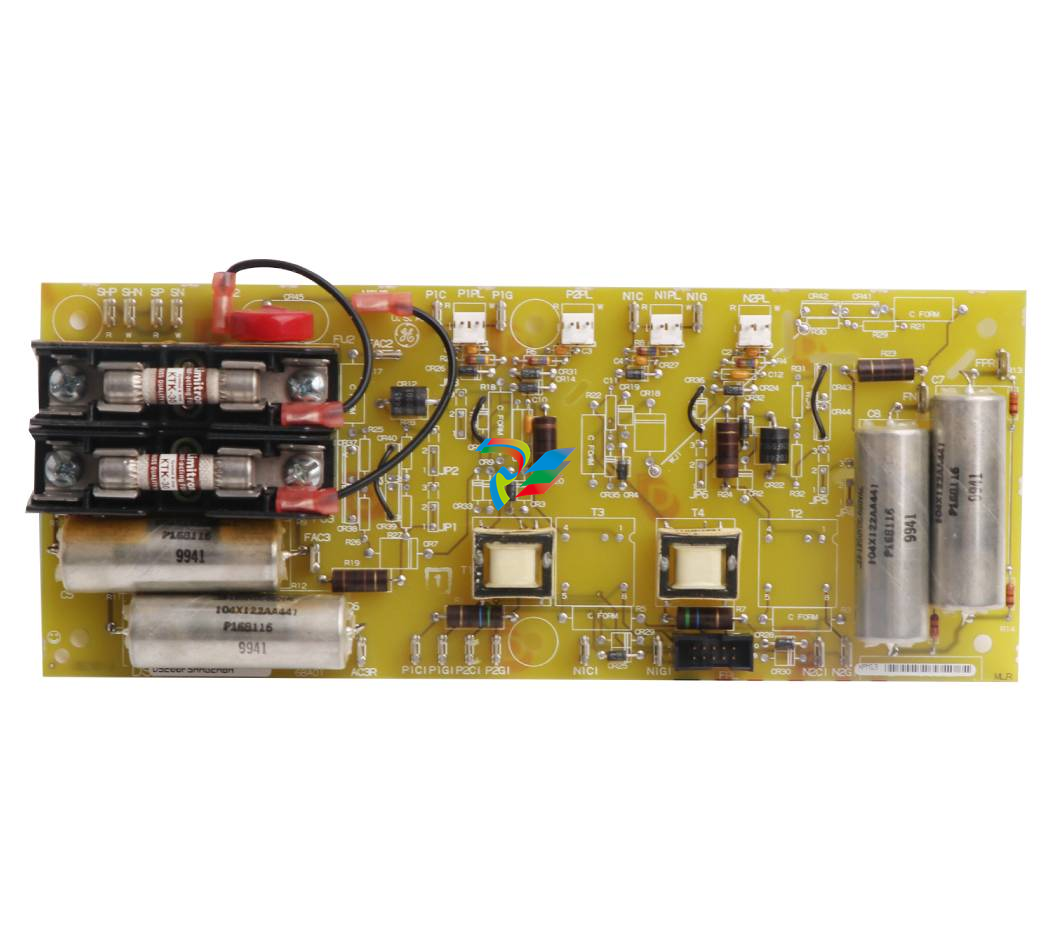
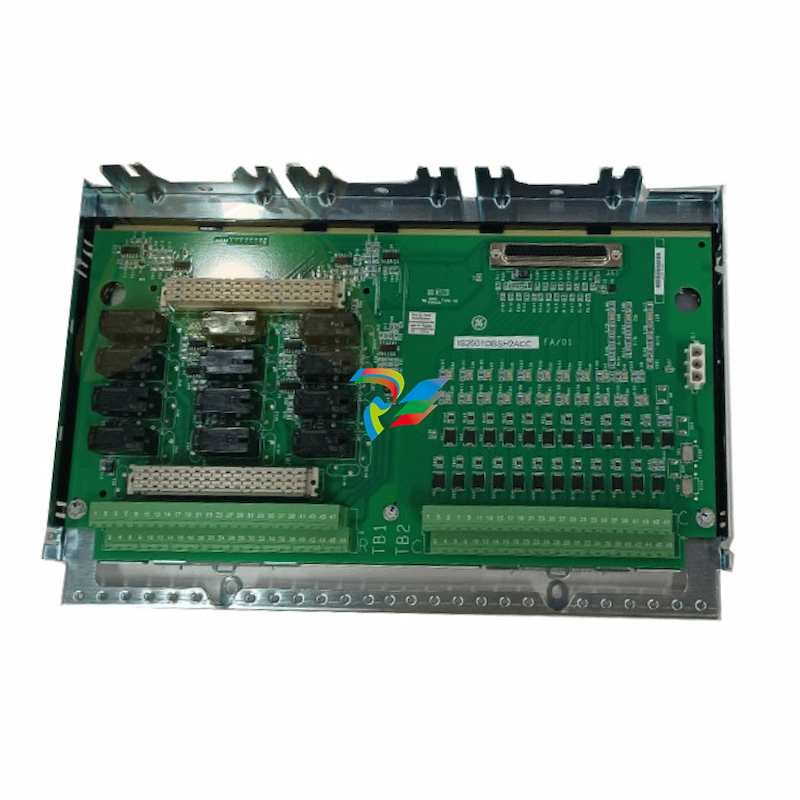
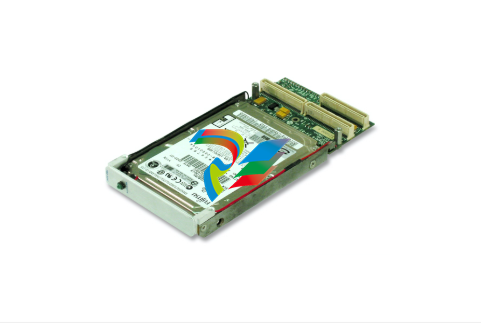
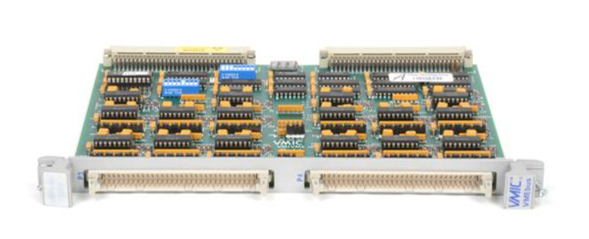
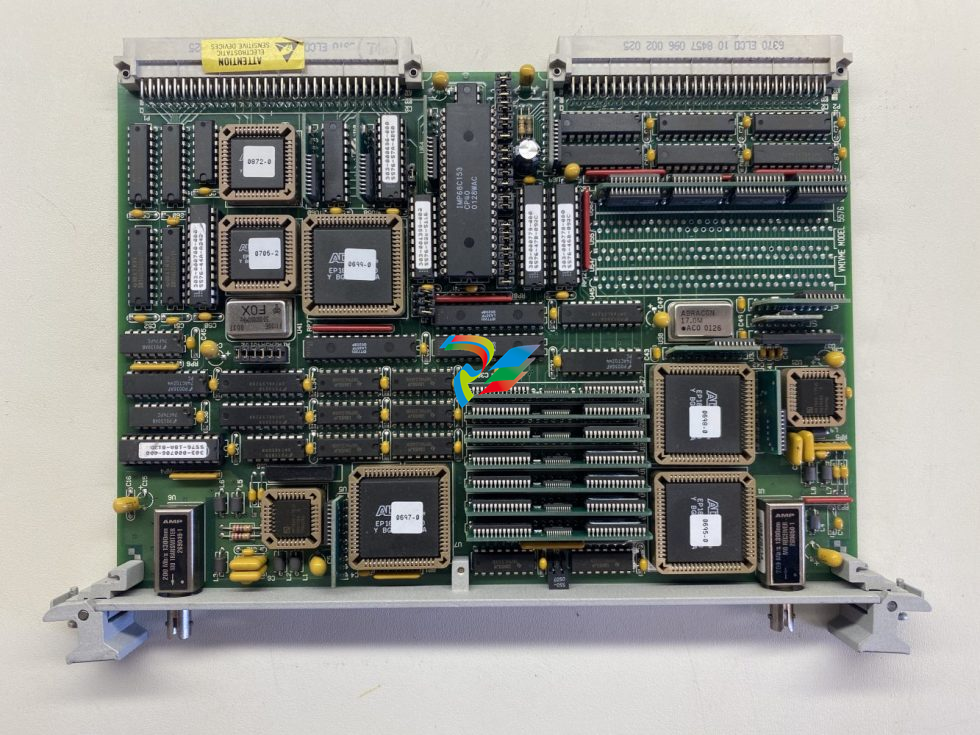
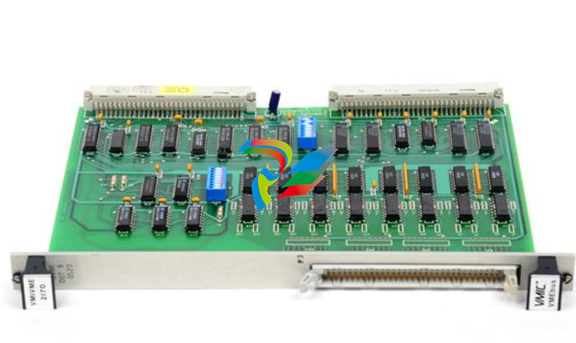
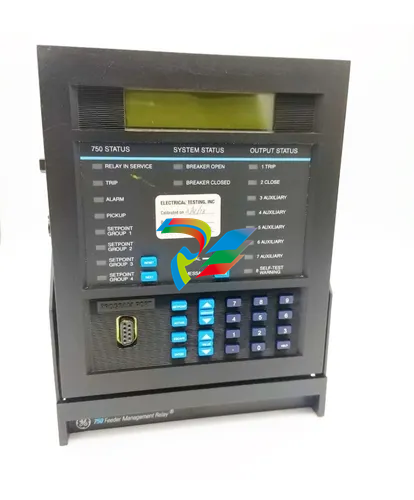
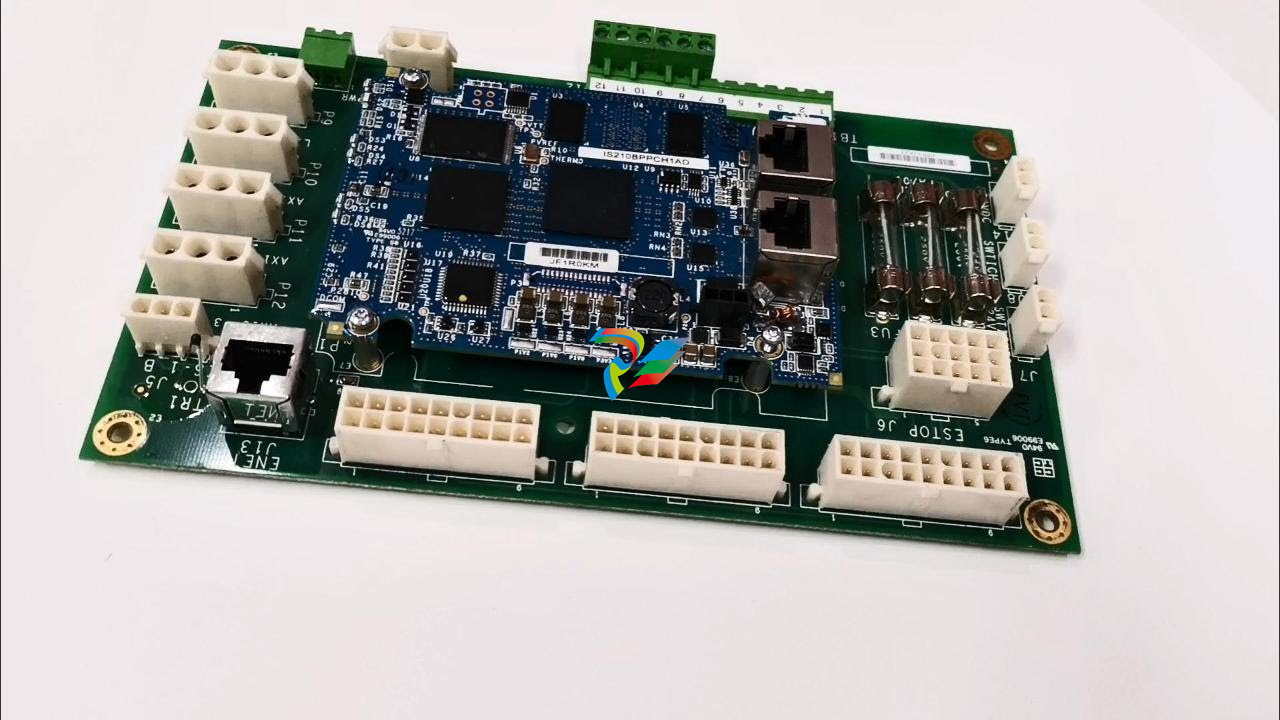
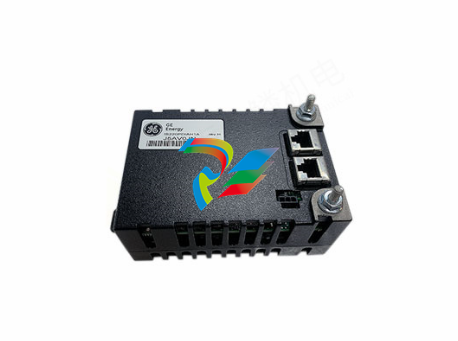



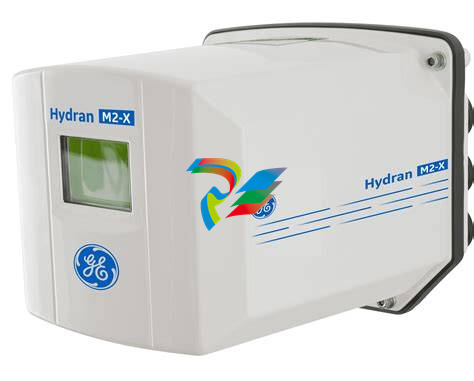
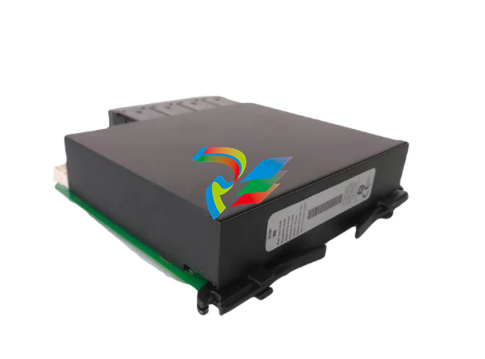
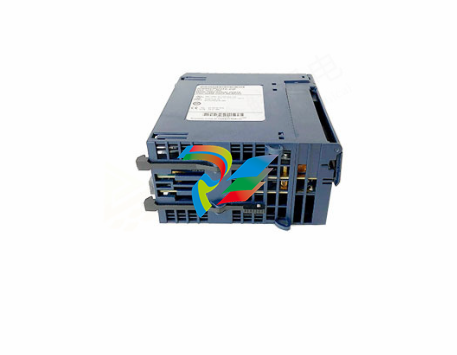
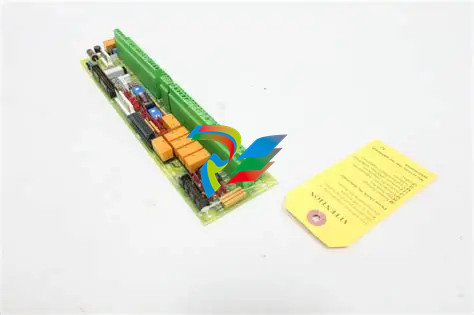
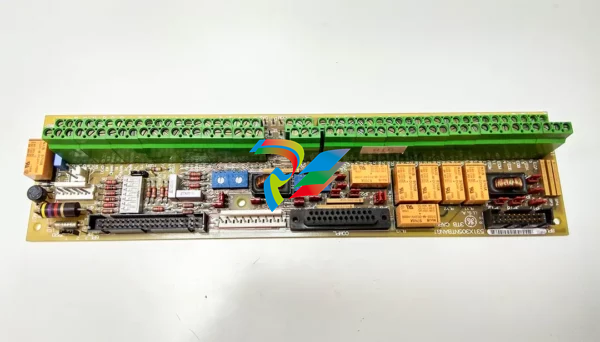
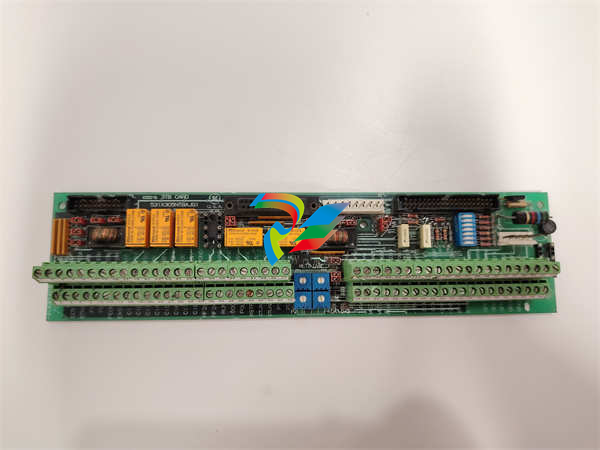
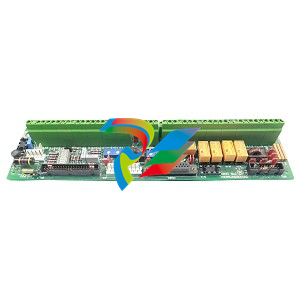

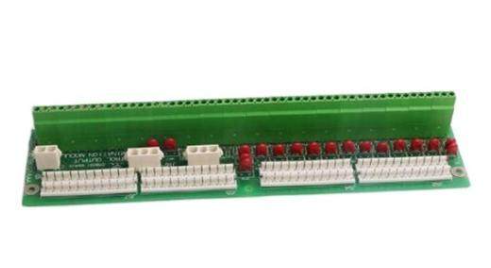
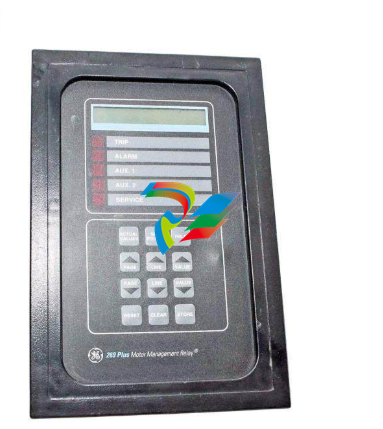
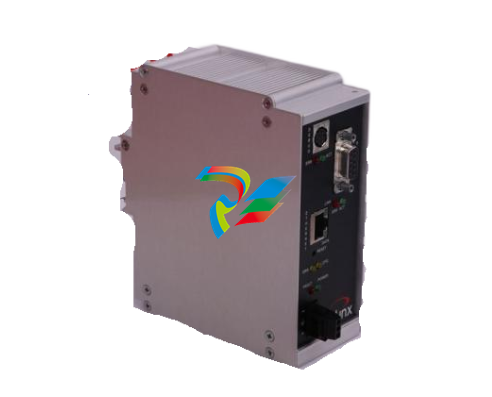
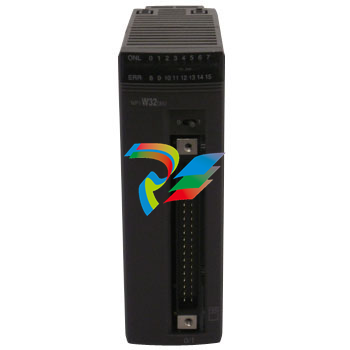
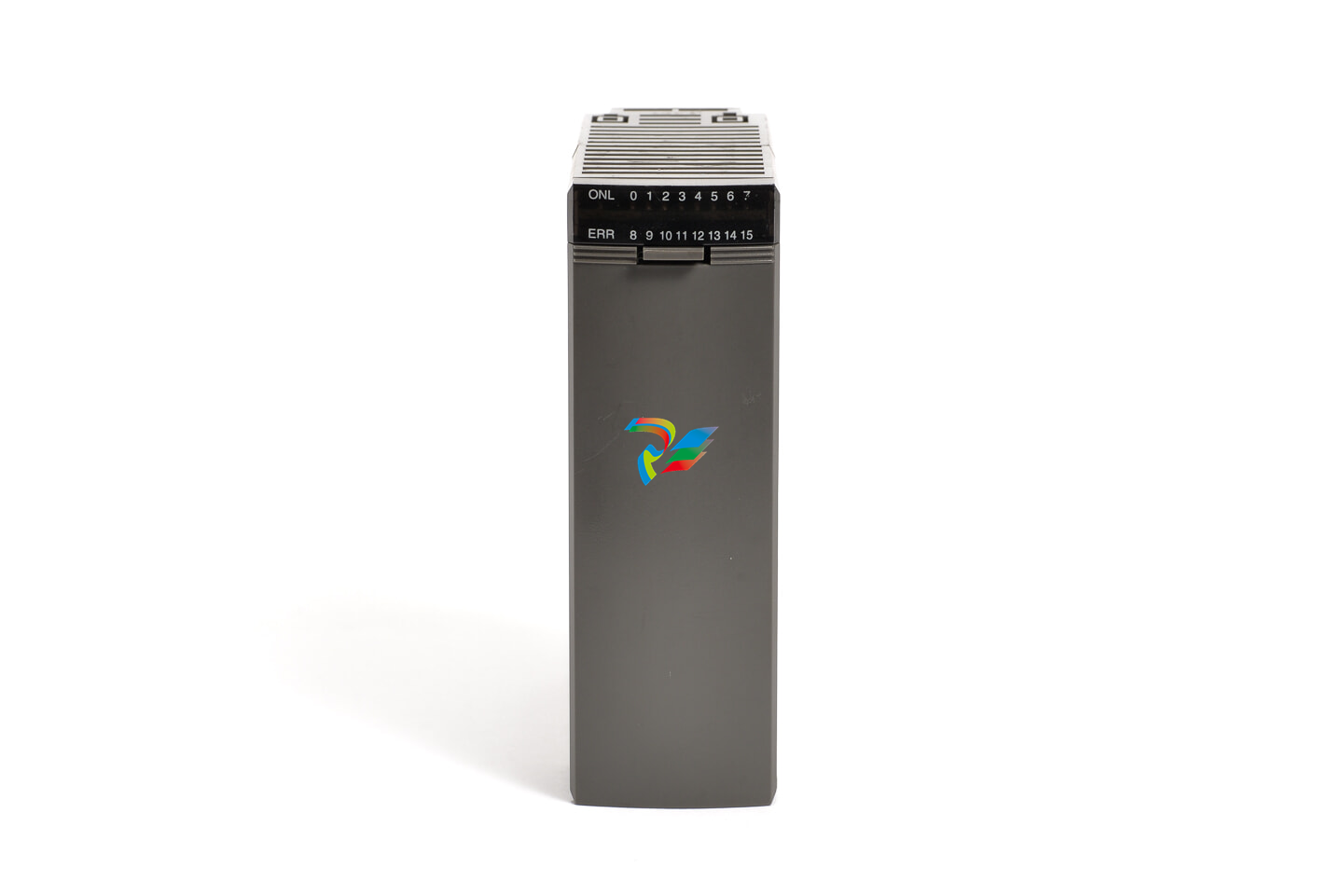
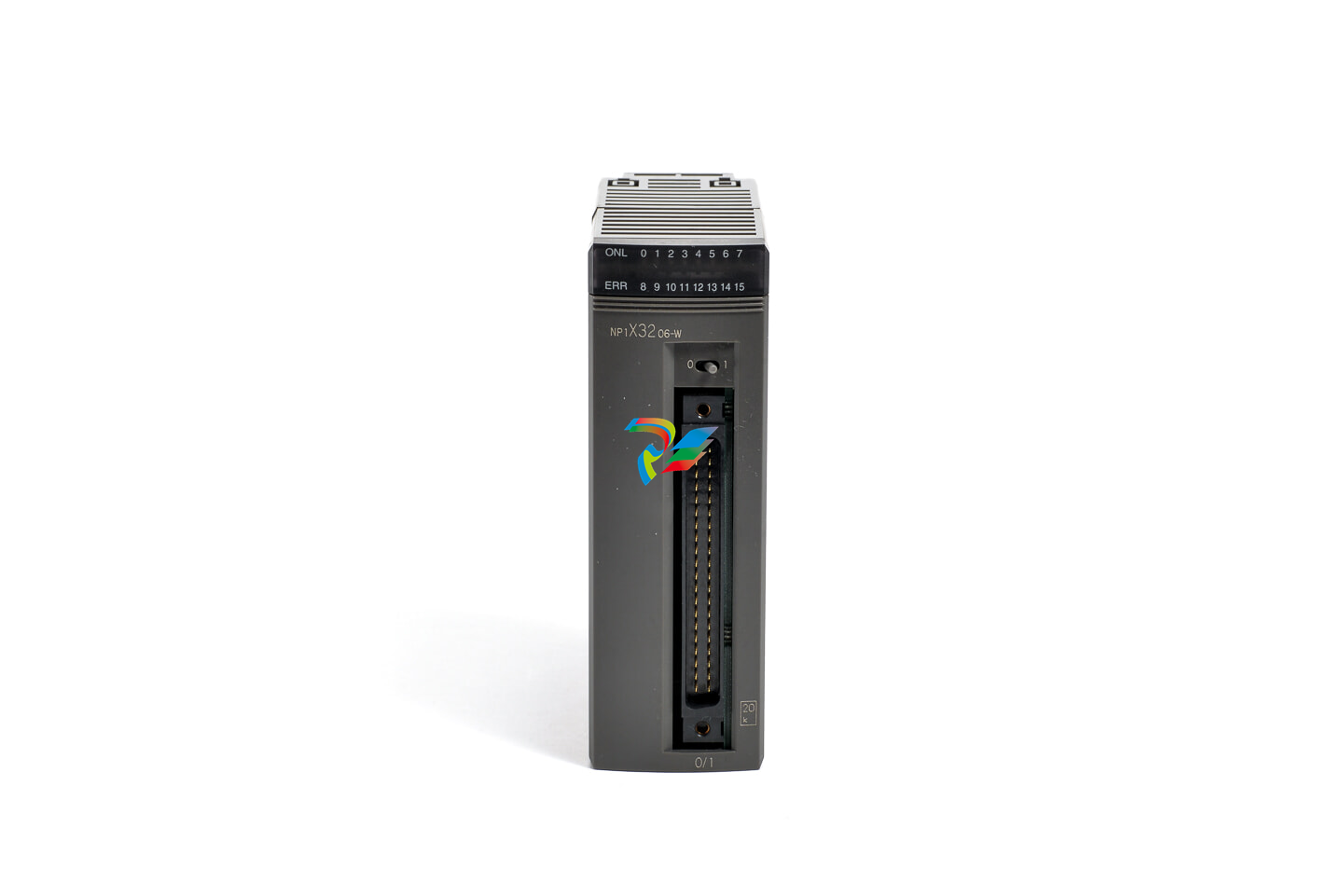
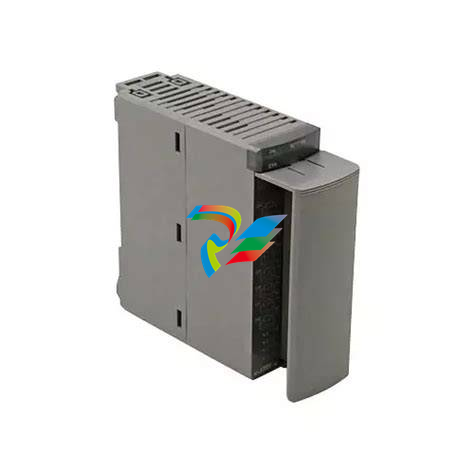
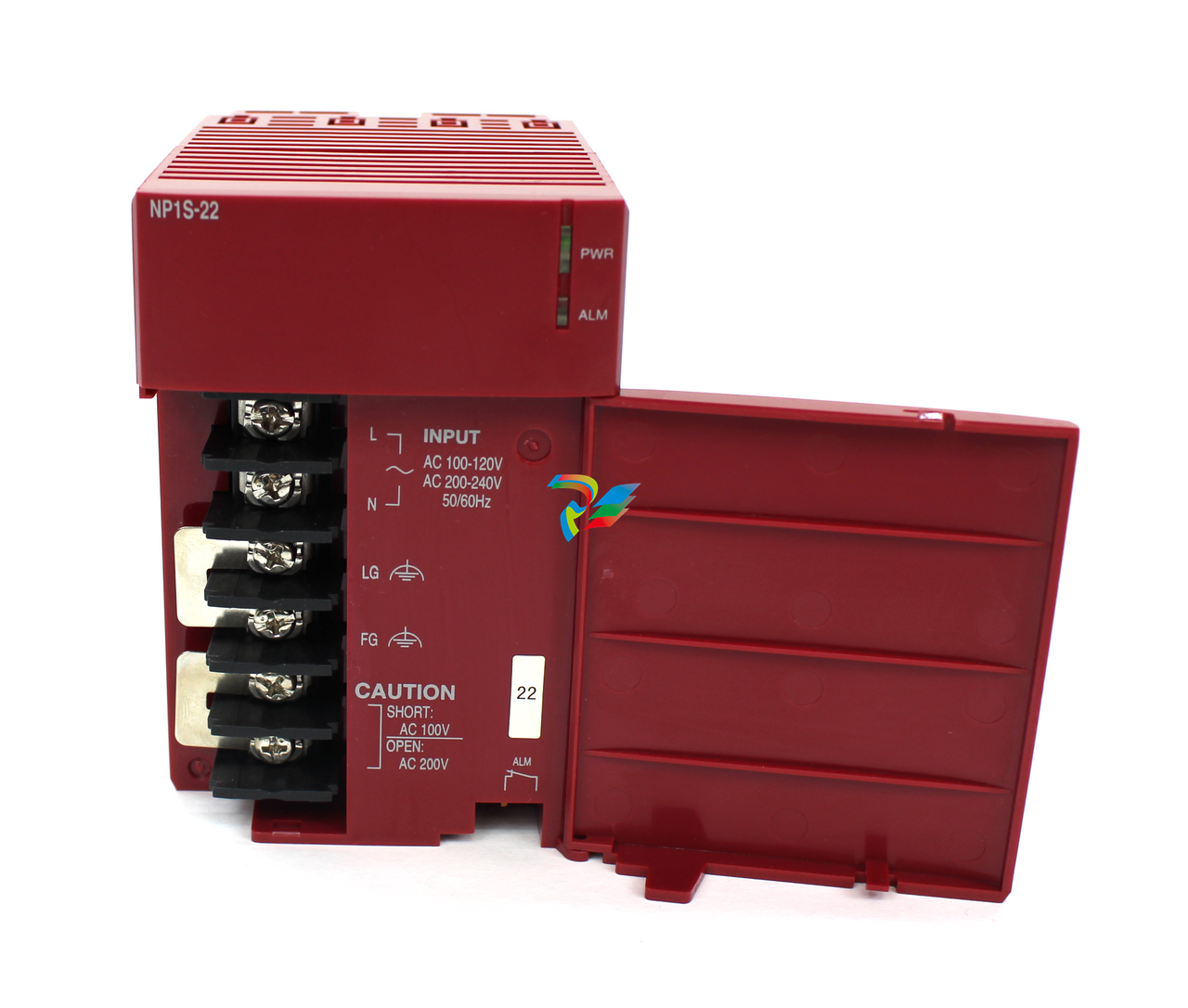
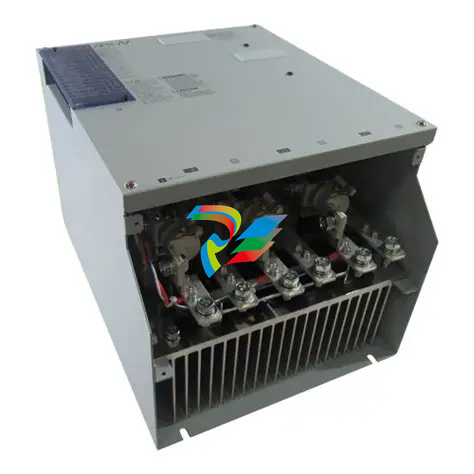
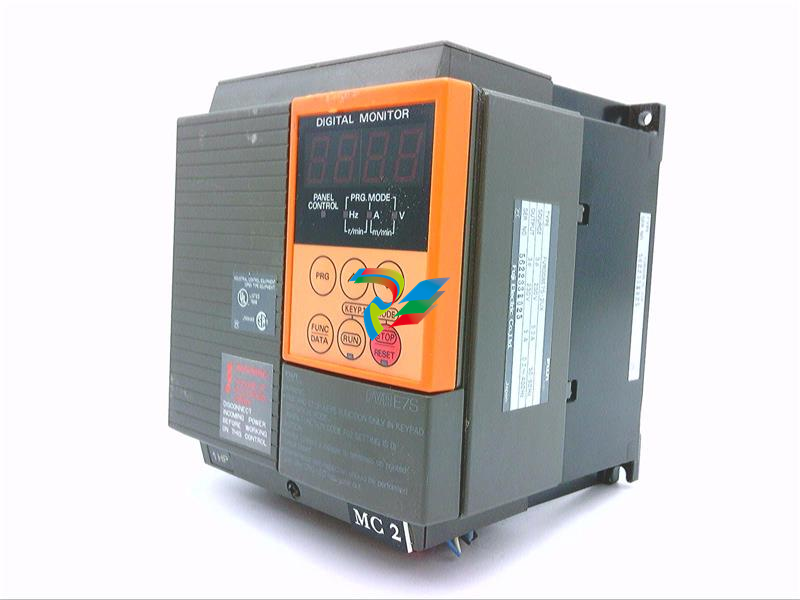
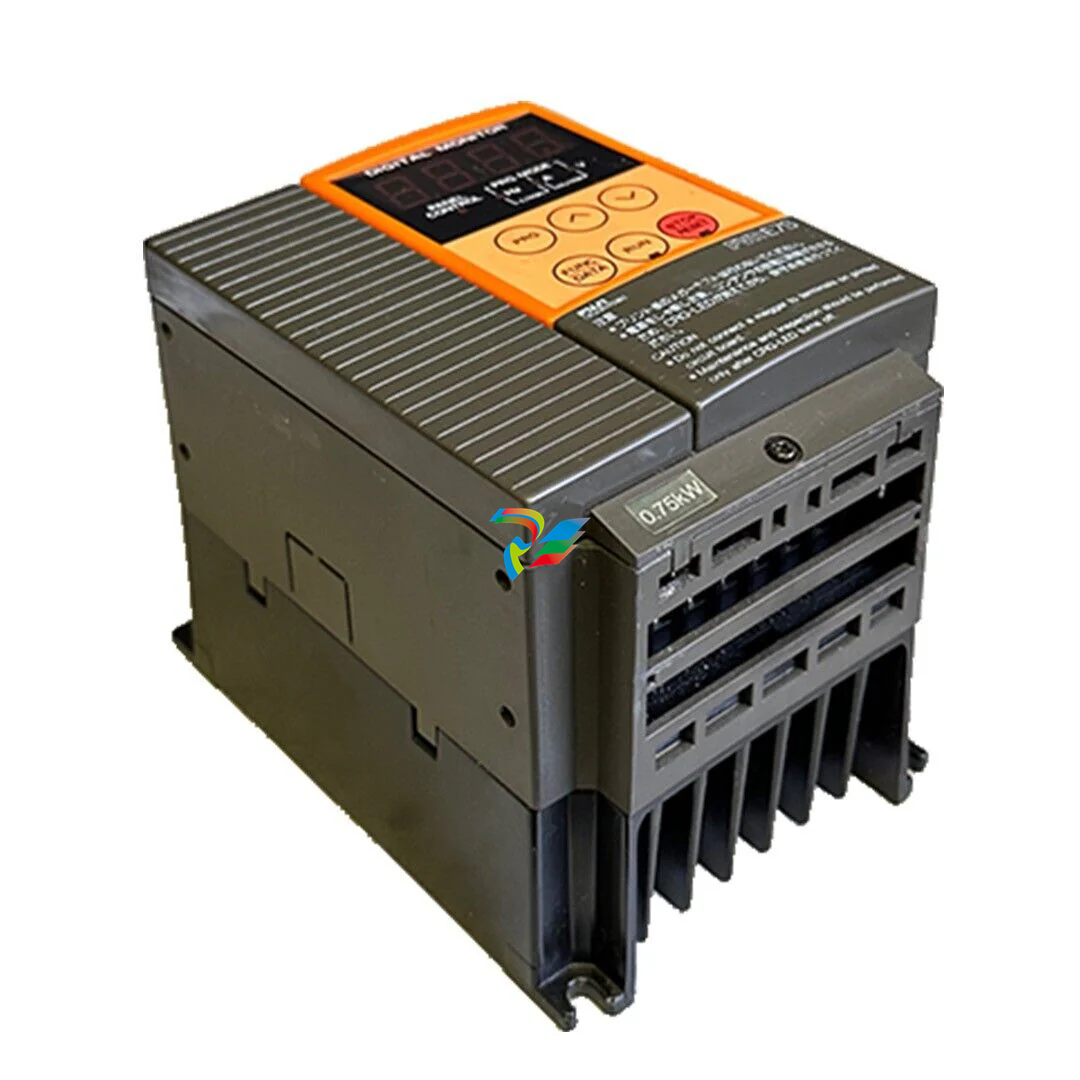
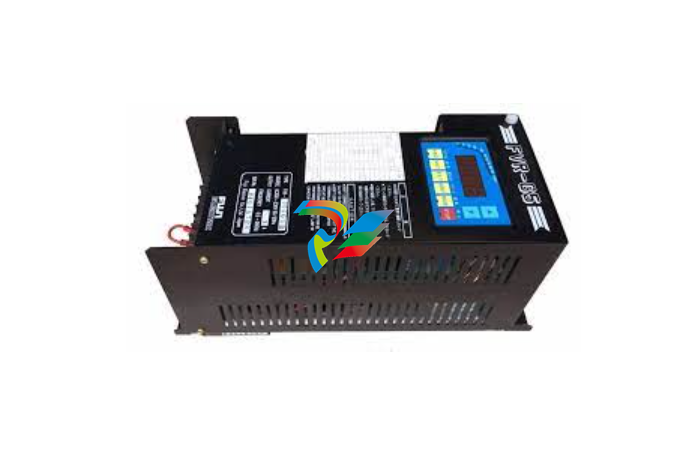
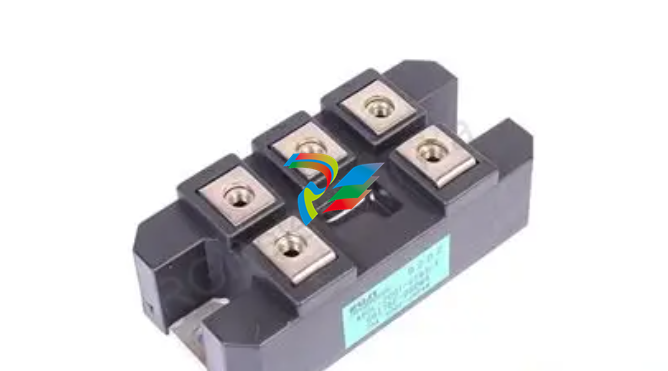
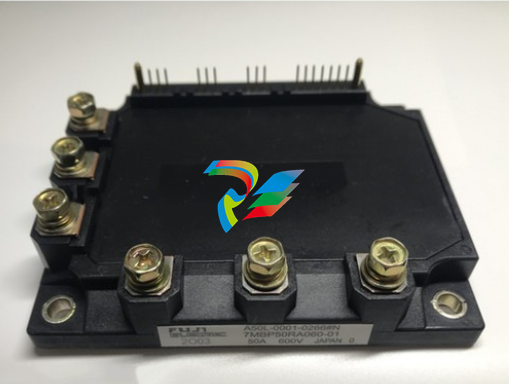
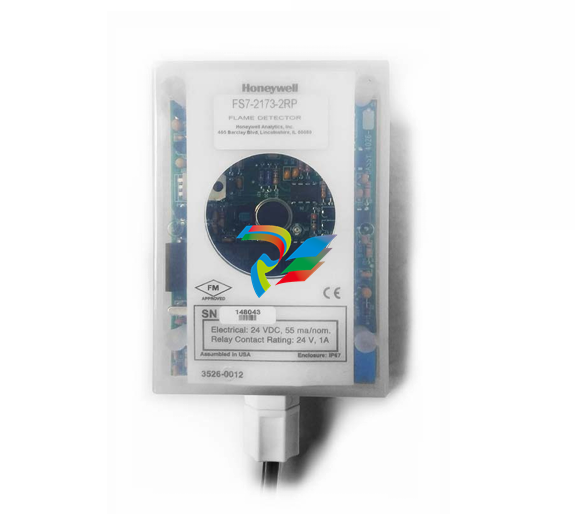
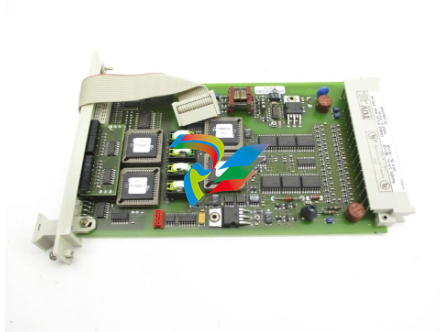
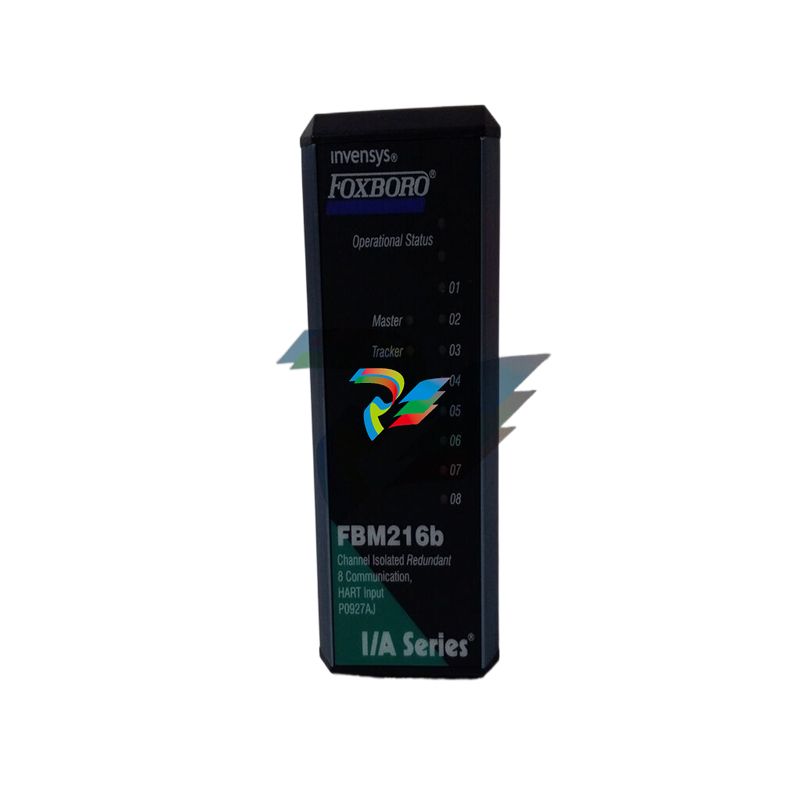
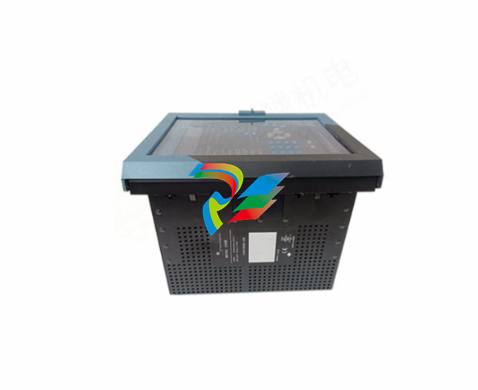
.jpg)
.jpg)
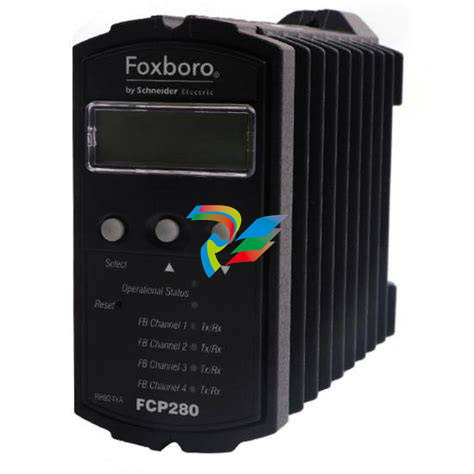
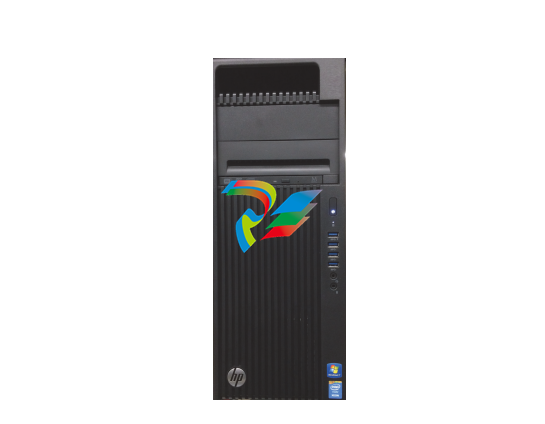
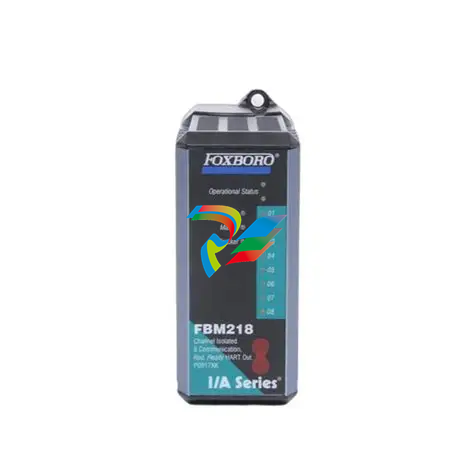
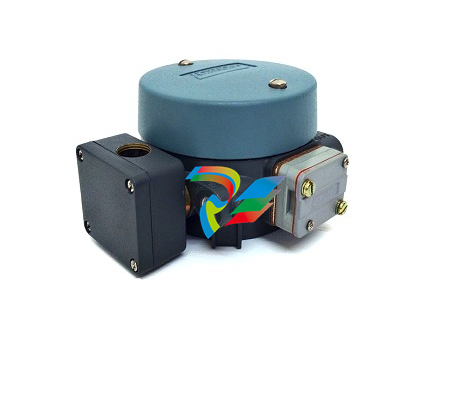
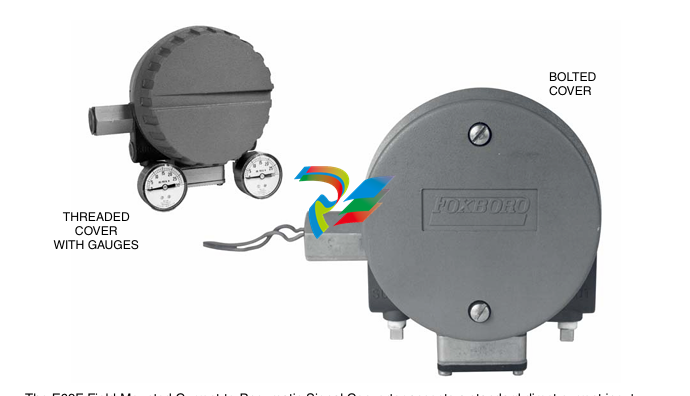
.jpg)
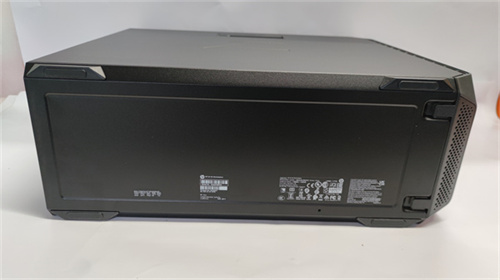
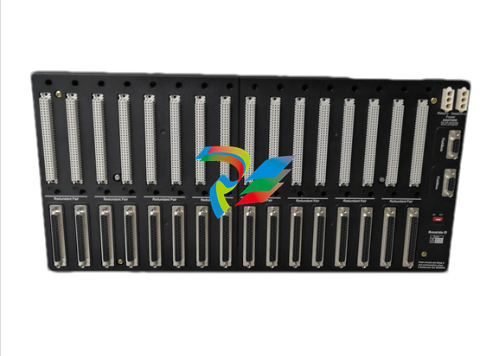
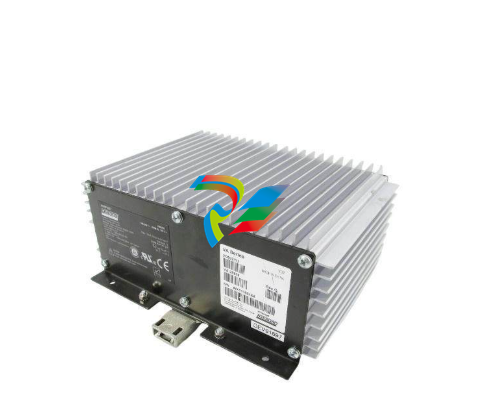
.png)
.jpg)
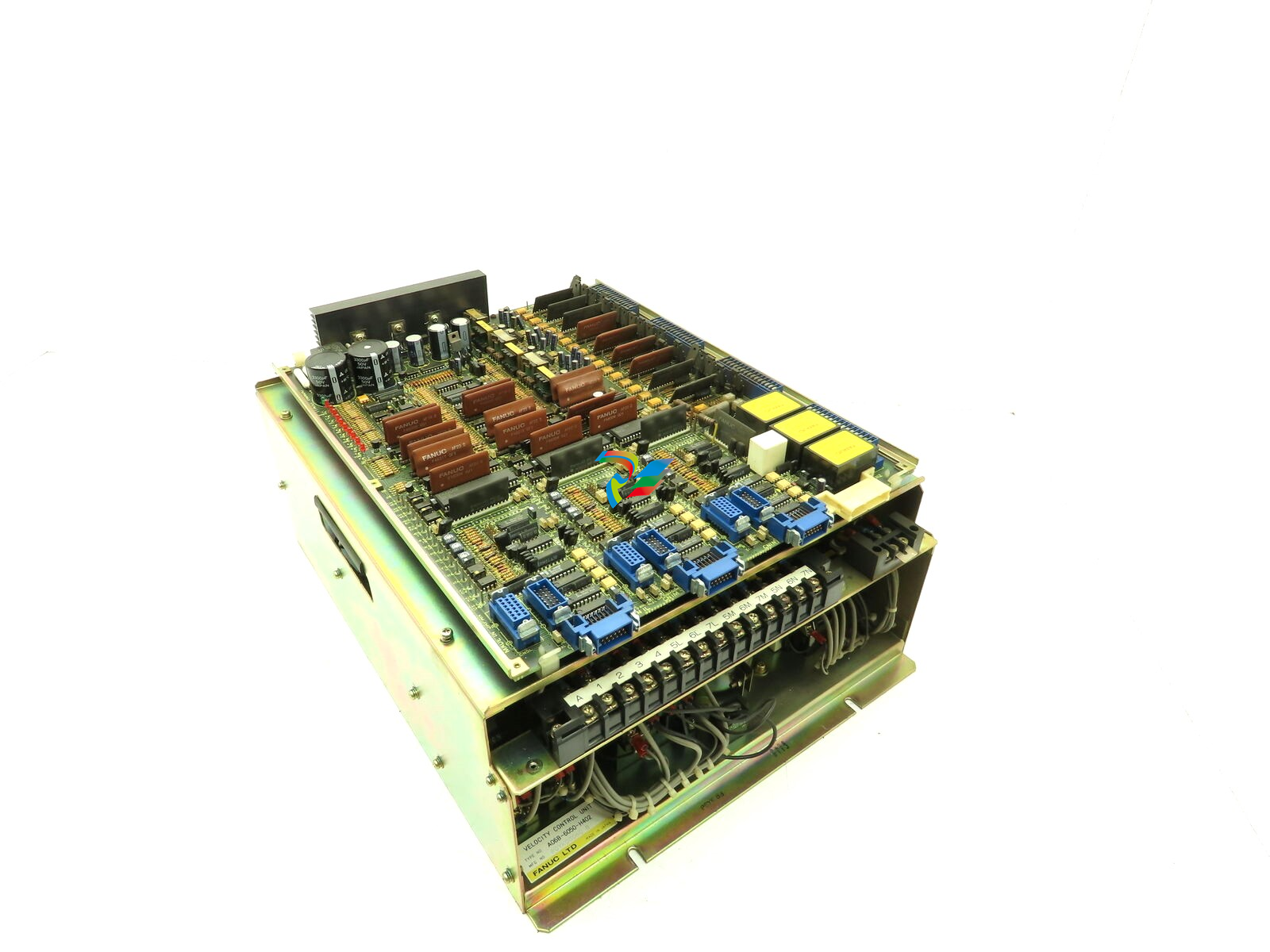
.jpg)
_lVjBYb.jpg)
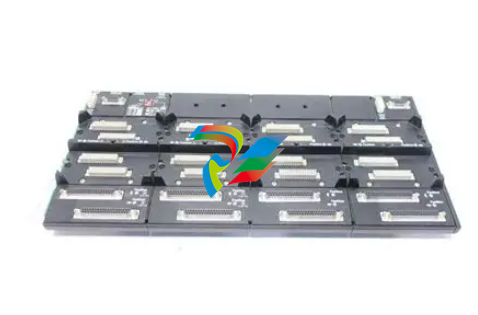
.jpg)
.jpg)
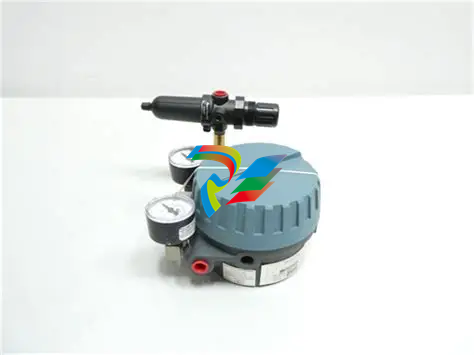
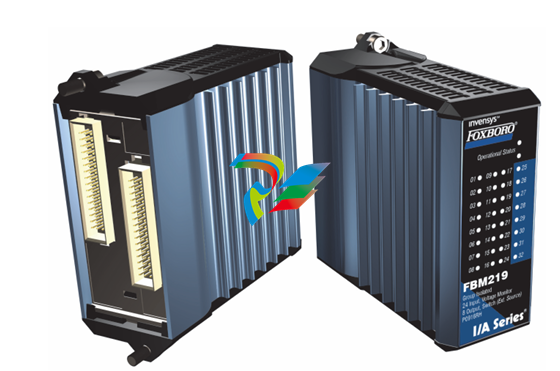
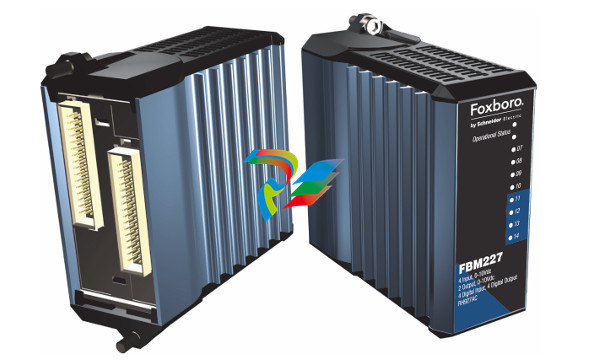
.jpg)
.jpg)
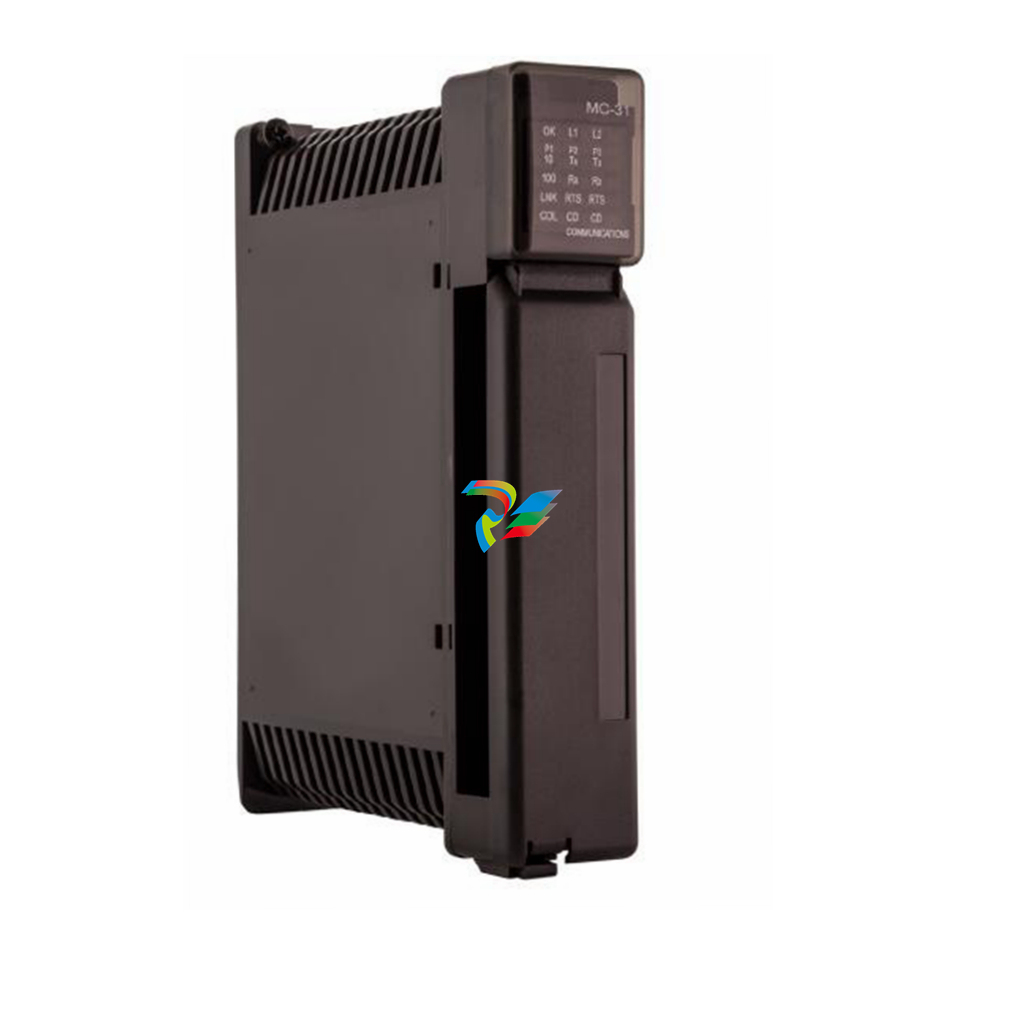
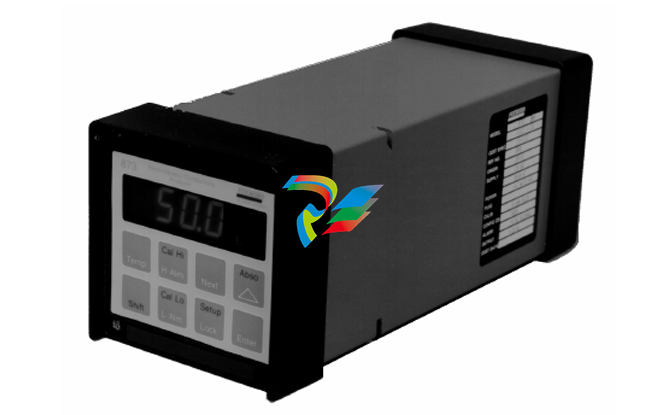
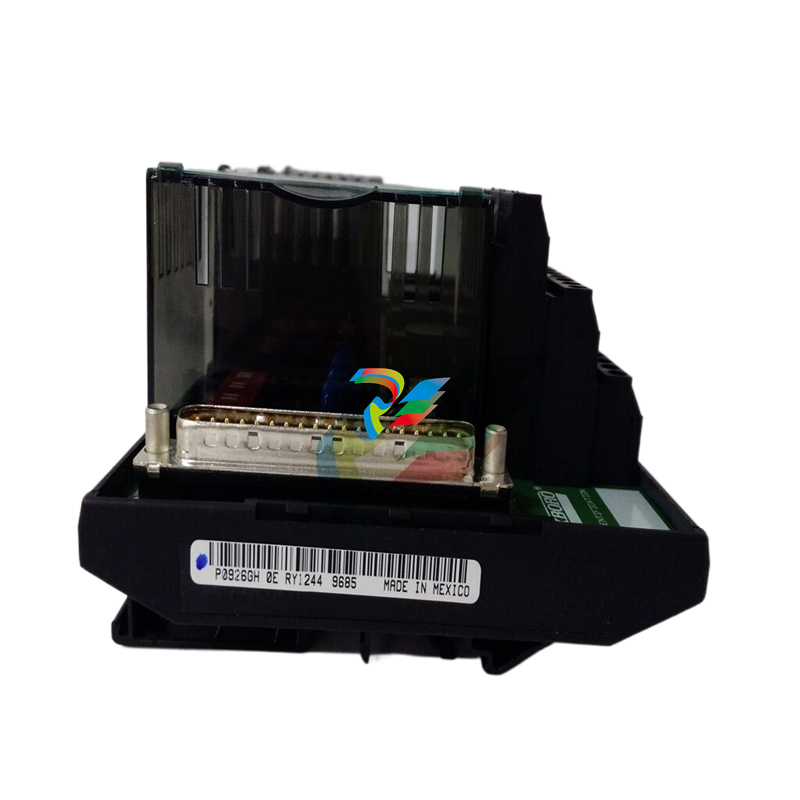
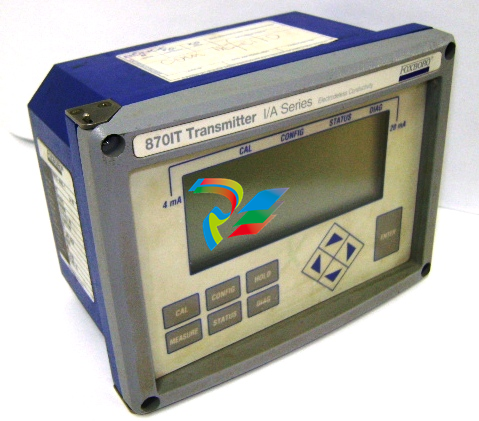
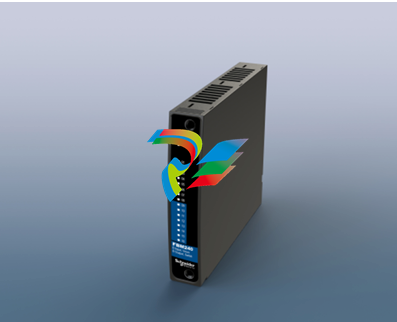
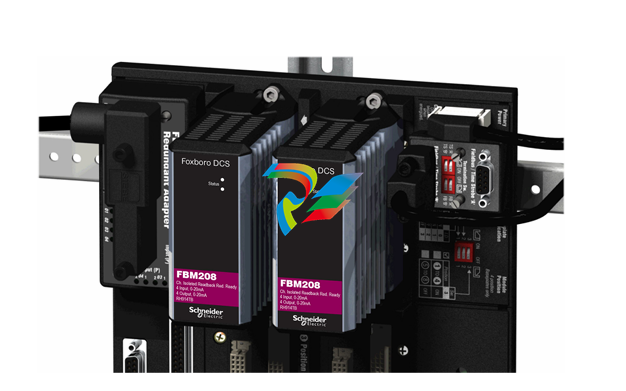
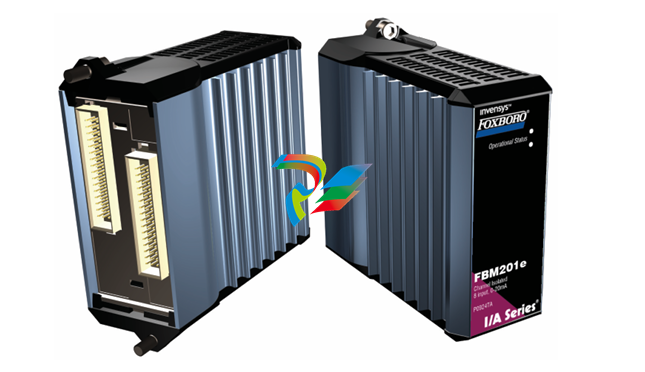
.jpg)
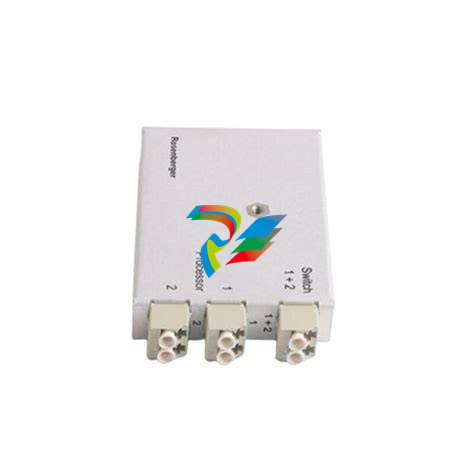
.jpg)
.jpg)
